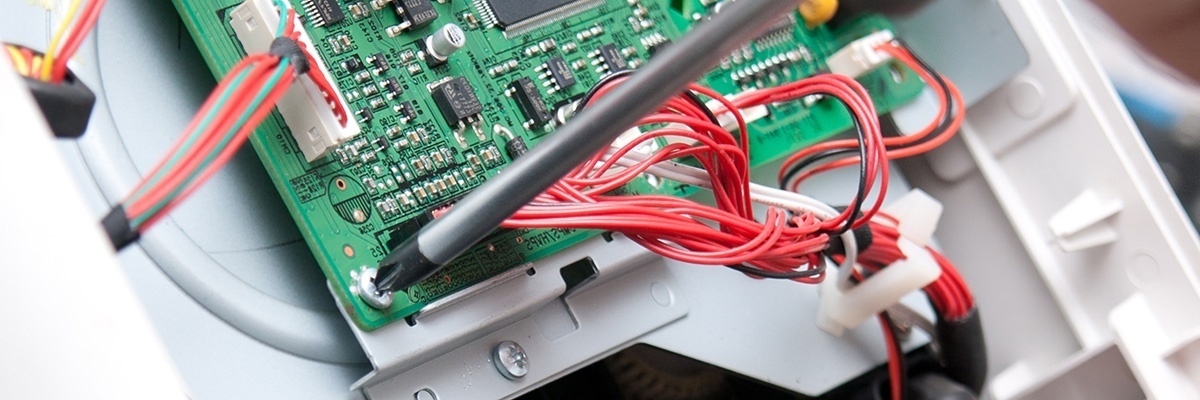
The students of the study programme master compulsory, specialization and free choice study courses individually under the supervision of a responsible professor during the first two years of the study programme. The aspects of computer control of electrical technologies within the different branches of the state economy are under consideration within these study courses. During the second two years of the study programme, the students develop research work in the field of a selected scientific problem. The research is completed with the presentation of doctor thesis and its open defence at Promotional Board P-14 obtaining PhD diploma.
|
Department
Faculty of Computer Science, Information Technology and Energy
|
Programme type and level
Doctoral (Third Cycle) Studies
|
Study field
Power and Electrical Engineering, Electrical Technologies
|
|
Language
English
|
Study form
Full-time studies
|
Venue
Riga
|
|
|
||
|
Awarded degree and qualification
Doctor of Science (Ph.D.) in Engineering and Technology / –
|
Required previous education
Master degree of engineering or comparable education
|
Price per year
€ 9 830 - EU countries
€ 9 830 - Non EU countries |
|
Credit point/ECTS amount
288/432
|
Duration of studies
Full-time studies - 4 years
|
Intake
All year long
|
The aim of the study programme is to train specialists of high qualification who can solve modern scientific tasks in the area of computerized control of electrical technologies, as well as to train the lecturers for higher schools and researchers for scientific institutions.
The main objectives of the study programme are the following:
– to provide doctoral students with the knowledge of the methods of investigation of complicated computer control of electrical technical objects;
– to provide doctoral students with the knowledge of technical innovations;
– to provide doctoral students with the skills of teaching work;
– to enforce the knowledge of foreign languages to the level necessary for international scientific discourse;
– to arrange investigations of international importance and reports on the results of the work.
The graduates can work as researchers at scientific organizations, instructors / lecturers at higher education organizations, specialists in engineering of high qualification.
-